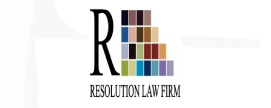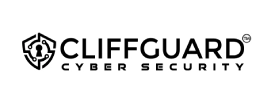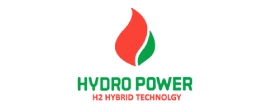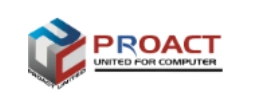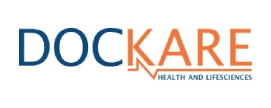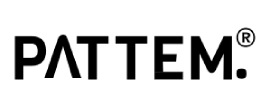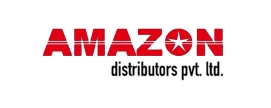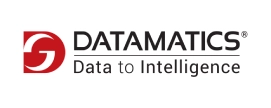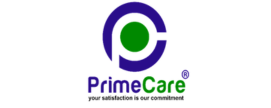HALAL Certification
Implementation, Consulting, Auditing & Certification at one place . We focus on taking your business to new heights.
Request a Call Back
Get Free Consultation
Have any Questions?
Mail us Today!
Contact@b2bcert.com
Overview
Halal Certification refers to a process by which a product or service is certified as permissible or lawful for consumption by Muslims according to Islamic law. Halal is an Arabic word that means “permissible,” and it refers to any object or action that is allowed under Islamic law.
The Halal certification process typically involves a rigorous inspection of the manufacturing or processing facilities and an analysis of the ingredients used in the product to ensure that they comply with Islamic dietary laws. In addition, the certification process may involve an assessment of the company’s practices, including its supply chain and ethical standards.
Halal Certification procedure
The procedure for obtaining halal Certification. can vary depending on the certification body and the type of product or service being certified. However, here are some general steps that may be involved in the halal certification process:
- Initial assessment: The certification body will conduct an initial assessment of the product or service to determine if it is eligible for halal certification. This may involve reviewing the ingredients, production process, and other relevant factors.
- Application: The business seeking halal certification will need to submit an application to the certification body, which may include documentation of the product or service, as well as information about the production process.
- Audit and inspection: The certification body will conduct an audit and inspection of the production facilities to ensure that they comply with halal requirements. This may include checking the cleanliness and hygiene of the facilities, verifying the ingredients and processing methods, and ensuring that there is no cross-contamination with non-halal products.
- Testing: Depending on the type of product, the certification body may require laboratory testing to verify the halal status of the product. This may include testing for the presence of non-halal ingredients, such as pork or alcohol.
- Certification decision: Based on the results of the audit, inspection, and testing, the certification body will make a decision about whether to grant halal certification to the product or service.
- Issuance of certificate: If the product or service is found to be compliant with halal requirements, the certification body will issue a halal certificate that can be used to verify the halal status of the product.
- Annual renewal: Halal certification is typically valid for a certain period, after which it will need to be renewed. The certification body may require an annual audit and inspection to ensure that the product or service continues to meet halal requirements.
It’s important to note that the exact procedure for halal certification may vary depending on the certification body and the specific requirements of the target market. Companies seeking halal certification should work with a reputable halal certification body to determine the specific steps involved in the Halal certification process.
Benefits
Instant Business Growth
Management
Reduced waste
Reduces errors
Improved delivery and production schedule
Annual evaluations uphold standards.
Advantages of Halal Certification
- Improved internal communication and process management.
- It is a guarantee of the quality, safety, and dependability of food products.
- It saves money that would have been spent on recalls of defective products.
- A significant improvement in your market image and brand loyalty.
- Greater trust in disclosures.
- Foodborne disease prevention
- Increase in employee morale.
- Effective resource utilisation.
- Controlling food safety hazards in a timely and effective manner.
- Systematic administration of prerequisite programs.
- Effective decision-making.
Our Advice
Assuming that you are considering how to get HALAL Certification. If it’s not too much trouble, contact B2BCERT, a main worldwide organization giving interviews, confirmation, reviews, and other related help all over the globe. You can undoubtedly arrive at B2BCERT by just visiting www.b2bcert.com where you can talk with a specialist or you can likewise compose an inquiry to contact@b2bcert.com so one of our masters will reach you at the earliest to give the most ideal arrangement on the lookout.
Our Services
- ISO Certification
- ISO 9001 Certification
- ISO 14001 Certification
- ISO 45001 Certification
- ISO 22000 Certification
- ISO 27001 Certification
- ISO 13485 Certification
- ISO 17025 Certification
- ISO 27701 Certification
- ISO 20000-1 Certification
- ISO 27032 Certification
- ISO 22483 Certification
- ISO 26000 Certification
- ISO 22301 Certification
- ISO 42001 Certification
- ISO 42001 Certification
- ISO 27017 Certification
- ISO 27018 Certification
- ISO 50001 Certification
- ISO 27014 Certification
- ISO 29990 Certification
- ISO 37001 Certification
- ISO 41001 Certification
- ISO 21001 Certification
- ISO 55001 Certification
- ISO 28000 Certification
- ISO 22716 Certification
- ISO 15189 Certification
- ISO 41001 Certification
- FSSC 22000 Certification
- OHSAS 18001 Certification
- SA 8000 Certification
- HACCP Certification
- GMP Certification
- GDPR Certification
- GDP Certification
- GLP Certification
- HIPAA Certification
- PCI DSS Certification
- SOC 1 Certification
- SOC 2 Certification
- VAPT Certification
- CE Certification
- ROHS Certification
- BIFMA Certification
- FCC Certification
- HALAL Certification
- KOSHER Certification
- NEMA Certification
- Certification of Conformity
- GHP Certification
- Free Sale Certification
- FDA Certification
- GACP Certification























